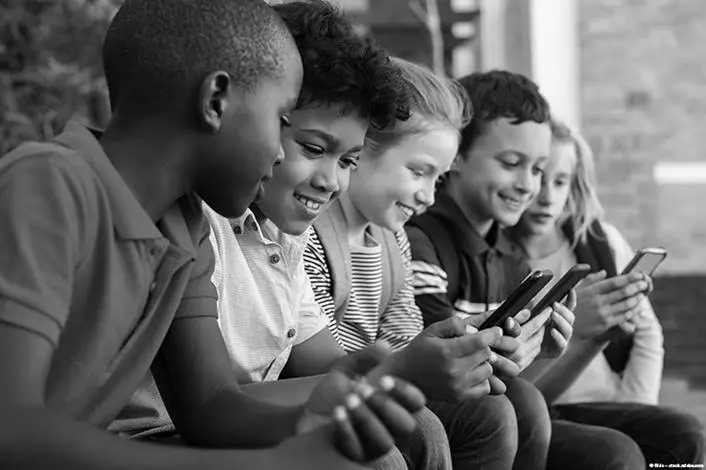Amid our screen-submerged world, a steadily expanding heap of examine demonstrates that intemperate cell phone use could be connected to the improvement of psychological well-being issues among youngsters directly impact on mental health. But we have good reason to believe that young minds can emotionally benefit from less time looking at screens.
A Landmark Study on Screen Time and Mental Health
The findings come from a groundbreaking study just published in JAMA Network Open. The clinical trial, which included a total of 89 families as part of the controlled research group — sought to explore what it might look like if you were to set limits on smart phone use with your kids. Follow-up to earlier research that documented a troubling trend: the more time children spend looking at screens, was associated with an increased risk of depression and anxiety.
The Experiment: Reducing Screen Time
It was conducted among 181 children in two groups The contract told the kids in 45 families to cut their smartphone usage down just three a week. All participants were given detailed questionnaires on mental health, behavior and personality traits prior to the study.
Just after two weeks of reduced screen time, the results were quite astonishing. Despite the constraints, children who followed the reduced screen time allowances showed substantial positive changes in terms of social skills and personal conduct. In addition, there were significant improvements in their global mental health profile showing that a simple short-term decrease of 20% smartphone use can have great benefits.
Building on Previous Research
The findings echo preliminary results the Shanghai Jiao Tong University team published in December 2023. Looking at medical information across and almost 16,000 children aged between three- to-six years of age revealed excessive screen times nearly doubled their risk for mental health problems.
However, educational content can avoid the negative screen-time effects of time on media in other areas as long there’s not too much exposure to it at a young age.
Practical Tips for Parents
It follows from these understandings that screen time is a matter of great importance for the mental health and well-being of our children. Actionable Strategies for Parents to Create Healthier Screen Habits
Establish and Enforce Screen Time Allowances: Set a daily or weekly limit for recreational screen time.
Thereby, you can use tools like screen time management apps to monitor and limit the usage.
Promote Other Types of Entertainment: Enforce non-screen-based entertainment, like reading or outdoor play. Invest in educational toys and books that the kids can interact with off screens.
These include: educational content (it is not the same to watch useless rubbish on TV than to learn new words) We use affiliate links to pull in content from trustworthy educational apps such as the FullFocus App (iOS,Android), dissectedbiomes.com, and teamzooks.dev.
Set A Good Example: Children tend to imitate adults. You can set a good example for appropriate screen use by using your devices conscientiously.
Establish Screen-Free Zones: Make your dining room and bedrooms “No Technology” areas, because phones don’t gonna get you a good conversation with the rest of the house or sleep better at night.
Conclusion
This increasing amount of proof piles on the need to put controls on children’s screen time for mental health. Parents can play a crucial role in helping to rid the digital impasse by curbing smartphone use for more non-digital, meaningful activities. This is something that we must remain vigilant and proactive with, as more research develops to create a healthier balanced life for our youth gang.
To keep up with updates and useful tips for children’s health experiences you can also subscribe to our weekly newsletter.


